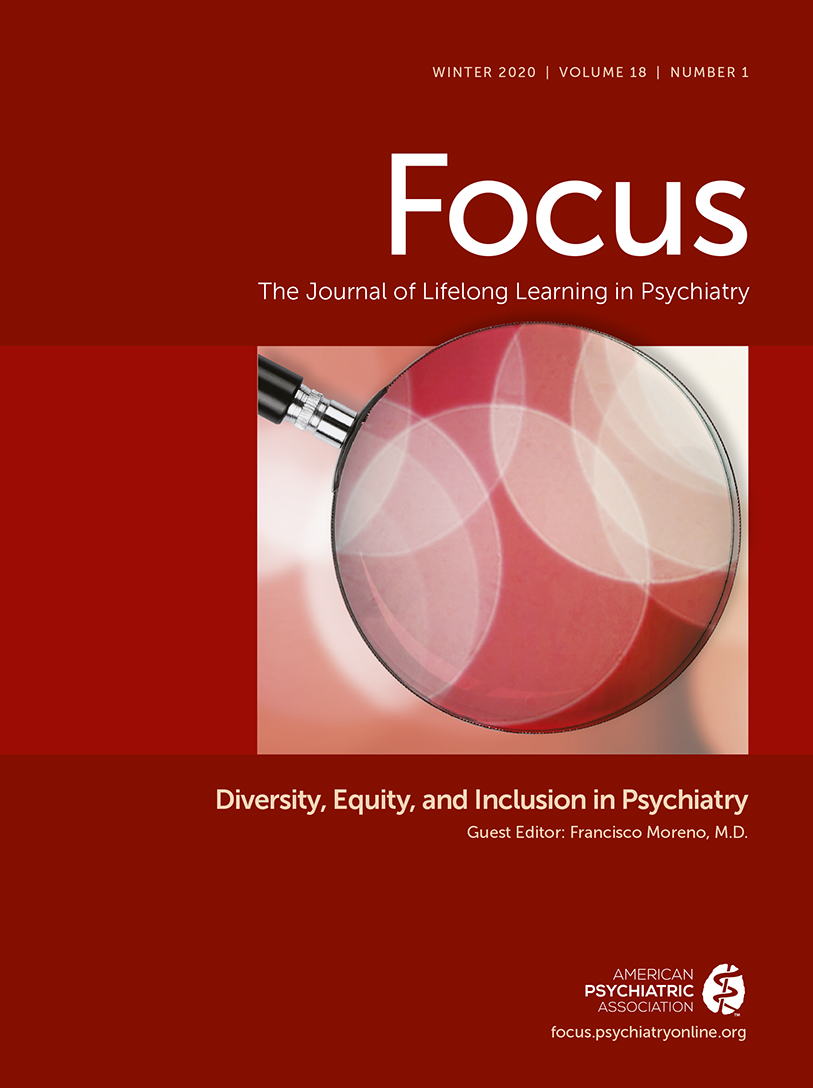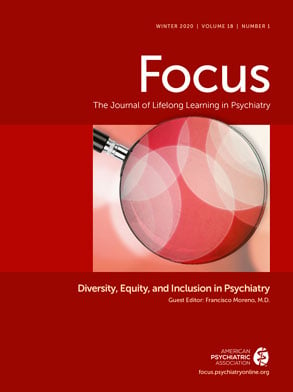In the past decade, references in the scientific literature to the social determinants of health have increased by almost 2,000%. Social determinants have become a significant focus of many organizations and initiatives, including Healthy People 2020, the World Health Organization (WHO), and the Institute of Medicine of the National Academy of Sciences, Engineering, and Medicine (
1–
3). In public health circles, recognition of the importance of the social determinants—which are defined as “the conditions in which people are born, grow, live, work, and age”—has led to a significant shift in practice and research (
2). The groundbreaking WHO report
Closing the Gap in a Generation highlights the significance of the social determinants of health in creating health inequities and clearly implicates political structures and political power as drivers of these determinants (
2). Mounting evidence demonstrates how income inequality, discrimination and other forms of social exclusion, unemployment and underemployment, adverse childhood experiences, food insecurity, and adverse features of the built environment can all lead to poor health outcomes and to disproportionately poor health outcomes for certain segments of the population.
Income inequality is independently associated with depression prevalence (
4). Adverse early life experiences (including common occurrences of domestic violence, household substance abuse or mental illnesses, parental separation, or an incarcerated family member) increase the risk of suicide attempts along a disturbingly strong gradient (
5). Among mothers with food insecurity, rates of major depression and generalized anxiety disorder are higher than they are among mothers who are food secure, and the children of food-insecure mothers have higher rates of behavioral problems compared with children of food-secure mothers (
6). Racism is strongly associated with poor mental health—major depression and posttraumatic stress disorder, in particular (
7). Taken together, the evidence concludes that social determinants are key factors in the development, severity, and chronicity of mental and substance use disorders.
Effective solutions to address the social determinants of mental health exist. Investments in programs that improve the likelihood that children live in safe, secure, and healthy families and communities have yielded consistent results. The Nurse-Family Partnership program significantly reduces the incidence of child abuse, criminal activity of mothers, and dependence on social welfare programs (
8). The HighScope Perry Preschool Program (a curriculum used by Head Start programs) increases education and income levels and decreases arrest rates in adulthood (
9). Young boys participating in the Good Behavior Game had lower rates of drug use and dependence; lower rates of antisocial personality disorder; and decreased service use for drug, alcohol, or behavioral problems in young adulthood (
10). Other examples of effective approaches to addressing the social determinants of mental health include forms of social prescribing, medical-legal partnerships, and incorporating brief, valid screening tools into electronic health records.
The field of psychiatry is making great progress in developing evidence-based, high-fidelity treatments that improve outcomes for patients who are fortunate enough to have access to high-quality mental health care. Trauma-informed care, assertive community treatment, and coordinated specialty care for early psychosis prove that mental health treatment can effectively improve outcomes for persons with serious mental illnesses. For many individuals, families, and communities, there is a renewed hope for recovery. However, in addition to making new advances in treatments, focusing further upstream, long before these mental health problems occur, is just as important. This involves advocating for and implementing the policies that have been proven to address the social determinants of mental health, such as those that reduce adverse childhood experiences, ameliorate poverty and income inequality, and improve education and employment opportunities for all.
These goals sound political, and rightly so. “Treating” the social determinants of mental health involves focusing not only on evidence-based programs for children and clinic-level approaches. It also entails creating public policies that are health promoting and changing social norms to place greater value on giving everyone an equal chance at living a rewarding and healthy life. Mental health professionals can act by advocating for reforms in public policies and for changes in social norms.
Although not always readily apparent, the laws and policies enacted by our local, state, and federal governments have major impacts on health and mental health. Within the field of psychiatry, more attention can be directed at understanding which policies have the greatest protective or harmful effects on mental health. Mental health impact assessments, which measure the effects of policies on the mental health of populations, are an important tool in helping legislators to become fully informed prior to enacting policies. Psychiatrists are ideally suited to participate in the research and dissemination of mental health impact assessments. Similarly, a memorandum of support or opposition to a bill or policy that is being debated can help policy makers to make scientifically informed decisions about proposed bills and policies. Although these techniques are not commonly part of medical student education or psychiatry residency training, they are skills that are quite easy to master and that could have lasting effects on the social determinants of mental health.
In addition to reforming public policies, addressing the social determinants of mental health requires changing social norms; the two are intimately related but require different approaches. Social norms are the unwritten rules for how members of a society interact with one another. When these norms value inclusion and support for all members of society—including the most vulnerable or isolated (and intentionally disenfranchised through institutional and structural discrimination)—they can powerfully change the way opportunity is distributed. If social norms promote social exclusion and stoke racism, sexism, xenophobia, and discrimination, then societal structures based on fear and anger may perpetuate inequities in opportunity and health outcomes. Social norms often drive policy change, as demonstrated by changing beliefs about LGBTQ+ rights, which led to new policies and protections under federal and state law (although a risk of backlash can occur when a segment of the population refuses to loosen its grip on the former, discriminatory stance). Social norms can change when leaders speak out in support of or in opposition to beliefs and actions observed in society. Those working in the field of psychiatry must be vocal about protecting social norms of inclusion and acceptance. Psychiatrists must be more deliberate about speaking out against divisive rhetoric, whether in clinical settings, in communities, or on a broader scale.
Addressing the social determinants of health through changes in both public policies and social norms requires clinicians to step outside of their traditional clinical roles. Wading into the political landscape is fraught with challenges, especially now, as people seem to be more divided than ever before. But now is the right time. Local, state, and federal governments set policies, and the psychiatric field has considerable potential for influencing those policies (not just health-related policies, but all policies) and shaping the social norms that drive them. We must mobilize as a field in order to take action to address the social determinants of mental health, and in doing so eliminate inequities in mental health and improve mental health outcomes on a population level.

